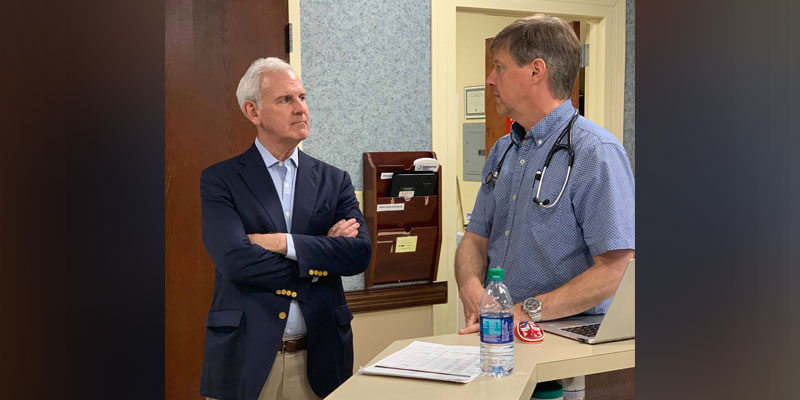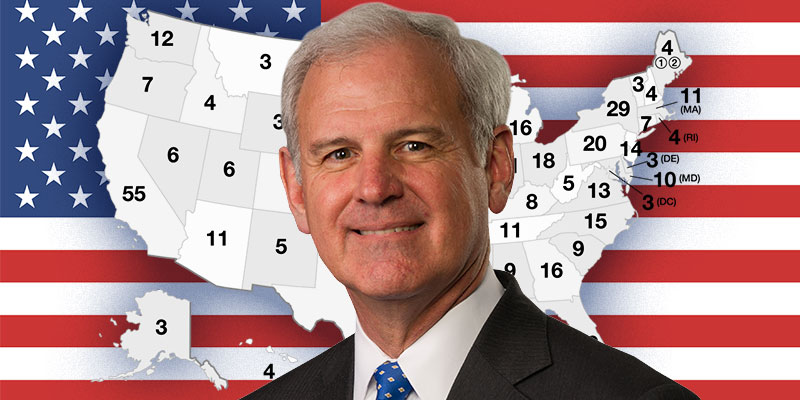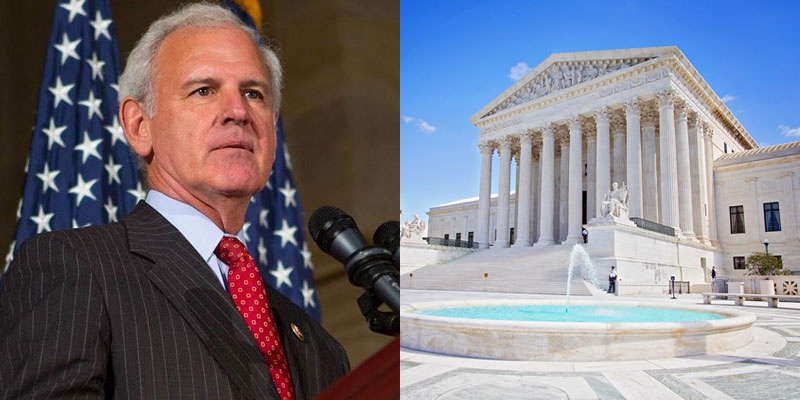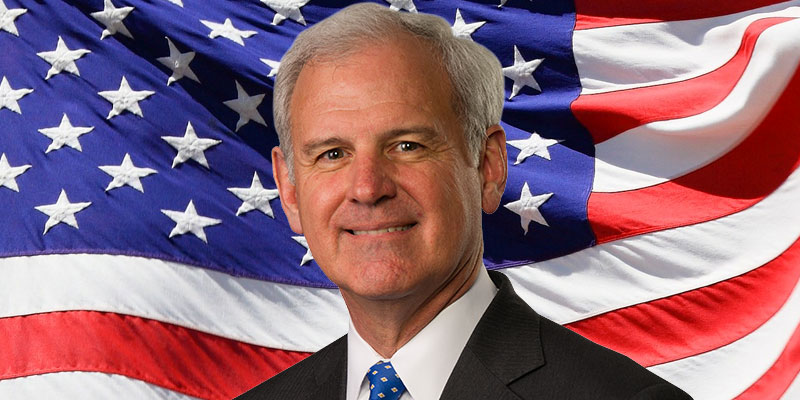One of the first actions I took after being elected in 2013 was to visit all the hospitals in Southwest Alabama. Big and small, rural and urban, I visited them all. And I spoke directly with doctors and hospital leadership about issues they and their communities faced.
I did this because the importance of hospitals to the communities they serve is so great. When industries look at potential locations to build or expand, they look for things like quality of life, education, and available healthcare. Areas without hospitals are often at a serious disadvantage for bringing in the types of jobs that can boost an area’s economic prospects. And most significantly, lives are put at risk.
During these hospital visits in my first few months in office, one of the biggest issues I heard about was the Medicare Wage Index and how a flaw in the formula was causing our Alabama hospitals to receive significantly less money for the same procedures as other hospitals around the country.
Some big state hospitals were being reimbursed nearly three times as much as Alabama’s hospitals for the exact same procedure. The discrepancy is a leading cause of the string of hospital closures in Alabama. This is wrong, and it needed to be fixed.
Though this issue had long plagued many states across the nation, we were not making significant progress finding a solution. It was clear to me we needed a new strategy.
In 2017, with a different kind of president in office more open to outside the box thinking and shaking up the status quo, I saw an opening.
I knew, with hundreds of senators and representatives from across the nation competing to press their priorities in the new administration, it would be a challenge. But, I got to work.
In the beginning of the year, I had a promising meeting in my office with Seema Verma, Administrator of the Centers for Medicare and Medicaid (CMS).
Clearly, the Trump administration was willing to listen.
Administrator Verma pledged to look more closely at the Wage Index issue, and we and our staffs began working together to find a viable solution.
In January 2018, I coordinated a meeting with leaders of Alabama hospitals and Administrator Verma. I believe the discussions during this meeting on the undue challenges placed on Alabama hospitals left a firm impression on the Administrator. Her efforts to help us find a solution continued.
The most promising news up until that time came a month later when the administrator called me with news that CMS would be accepting comments in an RFI (request for information) in their 2018 rule on this issue. This was huge because it allowed CMS to explore the regulatory changes that could lead to a solution.
Through meetings, letters, and public events, I worked with my colleagues and other leaders in Alabama to continue the drumbeat.
Finally, early this month, after months of promising developments and incremental steps forward, I got a Friday afternoon call from Administrator Verma. The Trump administration was issuing a final rule that included the Wage Index reforms benefitting Alabama.
With this rule’s finalization, almost all Alabama hospitals will experience an increase in Medicare payments starting October 1st of this year. And it will help our rural communities join in on the economic development Alabama has enjoyed in recent years.
Securing this victory has been a long process with hard work from many in Washington and Alabama. But the work is worth it. These reforms will help our hospitals, particularly our rural hospitals, shore up their bottom line so they can better serve their communities for years to come.
U.S. Rep. Bradley Byrne is a Republican from Fairhope.













